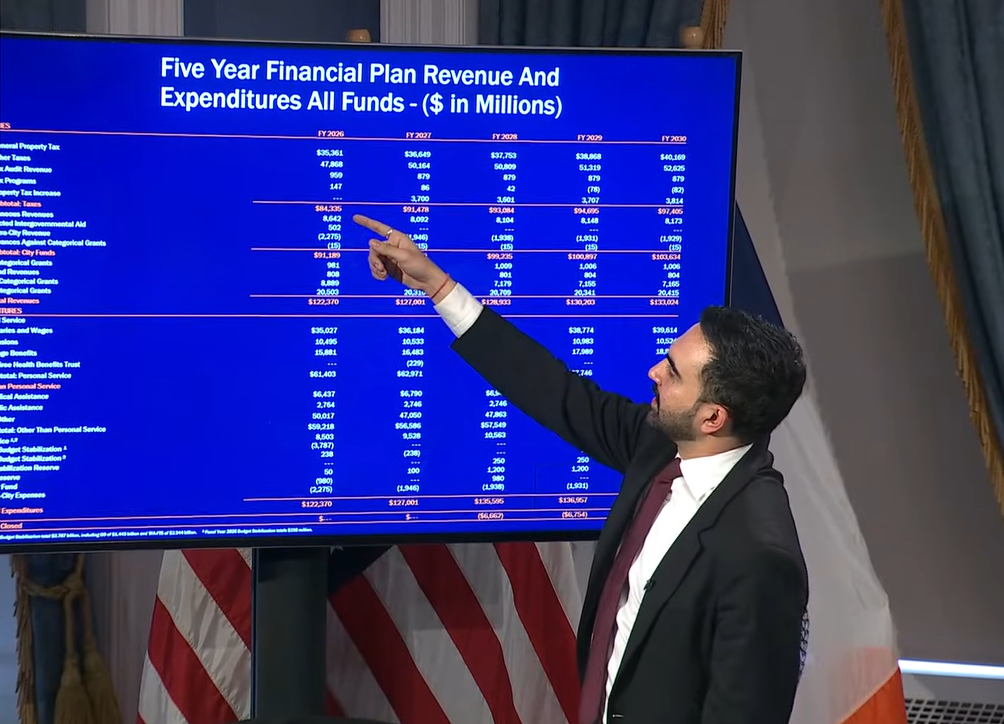Sometimes, in dealing with clients, it is easy to slip into using tax lingo − terms that your tax professional colleagues are familiar with, but that may not be so recognizable to the average Joe or Jane. One of these terms is “basis,” and a little understanding of this term when property is acquired can save a client a boatload of money and confusion down the road. It is generally best to educate clients on basis when a property is acquired ─ however it was acquired ─ rather than wait and ask questions when a property is sold, or when it is converted to a depreciable use.
Basis of Purchased Property
The purchase price is the starting point for computing cost basis. But acquisition costs add to the basis of the property. Acquisition costs are those things you had to pay for in order to buy the property – such as sales commissions – that are not otherwise deductible.
Basis of Inherited Property
Generally, the basis of inherited property is the fair market value (FMV) on the date of death of the decedent. One of the more common errors is to not document this amount. An executor of an estate can use an alternate valuation, if the property has dropped in value between the date of death and the date of the alternate valuation (six months after the date of death or the date the property was disposed, whichever is sooner). If property is held in a community property state, then the surviving spouse gets a “full” step up in basis in the inherited property.
If property is held by tenants, whether jointly or by the entirety, then the heirs receive a step up in basis based on the decedent’s share of the basis. However, if it is a qualified joint interest (joint interest between husband and wife, whether in the entirety or with survivorship, and no other joint tenants), then the spouse’s step up is their adjusted basis plus one half of the FMV included in the decedent’s estate (one half is generally included in the decedent’s estate regardless of amounts contributed by each spouse to the original purchase).
Basis of Gifts
For gifted property, the basis for the receiver is generally the lesser of the giver’s basis or the FMV of the property on the date of the gift. However, both values may need to be tracked, as the different bases may need to be considered depending on whether the property is ultimately disposed of for a gain or for a loss, and how much of that gain or loss will need to be accounted for on a future tax return.
Tax-Free §1031 Exchange
Generally, the new basis is the same as the owner’s basis in the old property given up in the exchange, plus any additional costs incurred in the exchange, plus or minus any cash or other property (boot) exchanged in regard to the sale. If unlike property (not cash) was exchanged in addition to the like-kind property, then any basis adjustment is applied first to the unlike property up the FMV of the property, with any remaining applied to the basis adjustment of the like-kind property. Remember that gain or loss must be recognized on any unlike property given up.
Property Received for Services
The amount included in income, which is usually the FMV of the property on the date received, is the basis. If the parties involved have agreed to a FMV ahead of time, that amount is used as FMV absent any other evidence as to value.
Adjustments to Basis
The costs of improvements generally are not immediately deductible, but add to basis. If there are any reimbursements for improvements made, including tax credits, then these reimbursements are a decrease to basis.
There are some safe harbors available to rental property owners that allow certain expenses below specific threshold levels to be expensed rather than capitalized, which should be discussed with the taxpayer before taking a tax position.
Depreciation subtracts from basis. As a reminder, the depreciation amount taken into account when a property is sold is “allowed or allowable,” so always document the basis used for property depreciation when depreciation commences.
Casualty losses subtract from basis in the amount of the deductible loss and insurance or other reimbursements received, while the costs of any restorative work adds to basis.
If the taxpayer is paid for an easement or other property rights, it is a subtraction from basis.
Summary
This article presents a summary of the basis rules. Depending on the situation, basis can become quite confusing for the average taxpayer. Whether the circumstances are simple or complex, providing your clients with education about basis can be a real opportunity to add value to your services.
—————-
Dave Du Val is vice president of Customer Advocacy for TaxAudit.com. He is an Enrolled Agent and federally authorized tax practitioner, who has prepared thousands of returns during his career and has trained and mentored hundreds of tax professionals. He is a member of the National Association of Tax Professionals, the National Association of Enrolled Agents and the California Society of Enrolled Agents.
Thanks for reading CPA Practice Advisor!
Subscribe Already registered? Log In
Need more information? Read the FAQs




